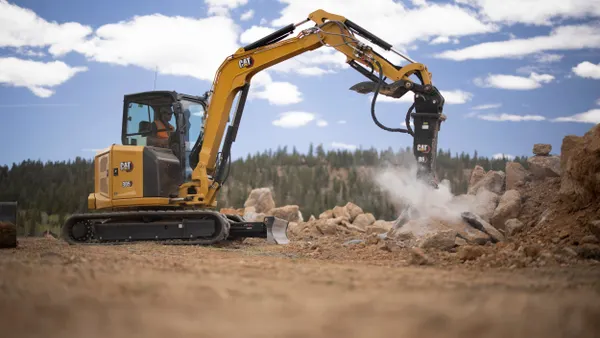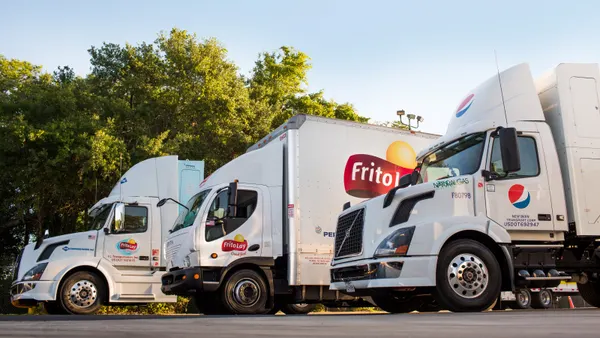Dive Brief:
- Mechanics and others who service UPS' fleet of jet engine aircraft began voting last week to authorize a strike, according to a recent press release.
- The decision comes after 3 years of negotiations during which UPS is demanding huge healthcare concessions from 1,200 workers, including retirees.
- The holiday shipping season will not be affected, according to a UPS spokesman, as workers have pledged to work under their current contract through the busiest time of the year.
Dive Insight:
Contract negotiations between UPS and their aircraft mechanics are nearing the end of their third year and the workers are taking advantage of every tool available to force the company into a settlement.
The late October vote to "authorize" a strike if contract negotiations fail is an attempt to increase external pressure on the company to settle. A strike authorization does not mean a strike is imminent, just that the union can call a strike at any point, although federal regulation dictates the union must give the White House 30 days to attempt to resolve the dispute.
Yet the mere call for a strike authorization vote in the midst of peak shipping season can bring temporary pains to the company. The same morning the Teamsters announced the strike vote, the shipping company's stock fell by 0.7% although it had recovered by the next day.
The pilots are also calling upon UPS partners to ramp up the pressure: nearly 100 aircraft mechanics picketed outside an Amazon warehouse in Indiana to bring attention to their plight. Although the dependence is decreasing, Amazon has long relied on UPS and FedEx for their delivery services.
Above all, however, the biggest threat for UPS is the involvement of the International Brotherhood of Teamsters. The pilots' right to strike may be heavily regulated, but their affiliation with the Teamsters reminds the company of a disastrous strike 20 years ago that grew to 185,000 Teamster-affiliated workers, affecting up to 80% of all package deliveries.












